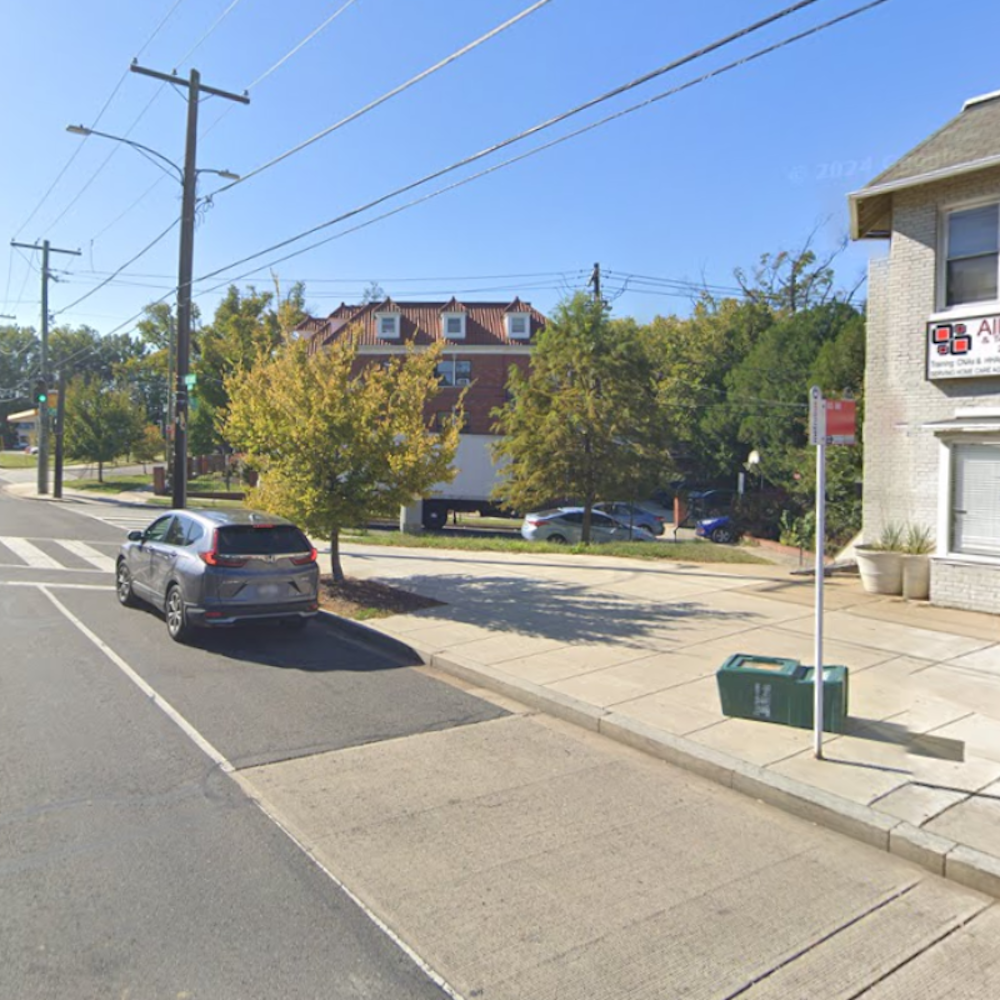
Landlords in San Antonio and New Mexico are in the spotlight as the debate over housing discrimination based on "source of income" heats up. San Antonio landlords voiced opposition in a City Council committee meeting to a proposal that would prevent them from denying veterans housing based on the use of rental subsidies. According to the San Antonio Report, the Real Estate Council and some veteran landlords called the measure unnecessary, citing an already high acceptance rate of vouchers for veterans.
In New Mexico, efforts to universally ban this form of discrimination failed narrowly in a House committee, as reported by Source NM. The legislation intended to append "source of income" to protected categories in the New Mexico Human Rights Act. Proponents argue the measure is a critical tool to combat the ongoing housing crisis and to stop to indirectly discriminate against those with government subsidies.
Rich Acosta, founder of My City Is My Home, proposed the San Antonio ordinance as a means to expand housing options for low-income veterans and to set an important precedent toward removing barriers that voucher holders face. "This would allow landlords to still do the background check process and everything, but they couldn't deny the housing just because the veteran's using a [housing] voucher," Acosta told the San Antonio Report.
Meanwhile, Rep. Kathleen Cates (D-Rio Rancho), who sponsored the New Mexico legislation, remains committed to reintroducing the bill despite its recent defeat. She claims that discrimination against voucher tenants is a contemporary iteration of a long-standing tradition of housing discrimination. In a response to the lobby against the measure, Cates explained, "I know the horror stories, and they are real. They are not made up. And I understand that, But I can say that about every type of protected class. Does that mean that I'm allowed to discriminate (on) them based on those stories? I cannot," she pressed in an interview with Source NM.
While San Antonio strides towards possibly removing discrimination barriers, New Mexico's setback reflects a continued divide over the role of government in private-sector housing. The issue continues to polarize both tenants struggling to find housing due to subsidy discrimination and landlords who argue that these programs come with bureaucratic hassles and can lead to unreliable financial arrangements.









